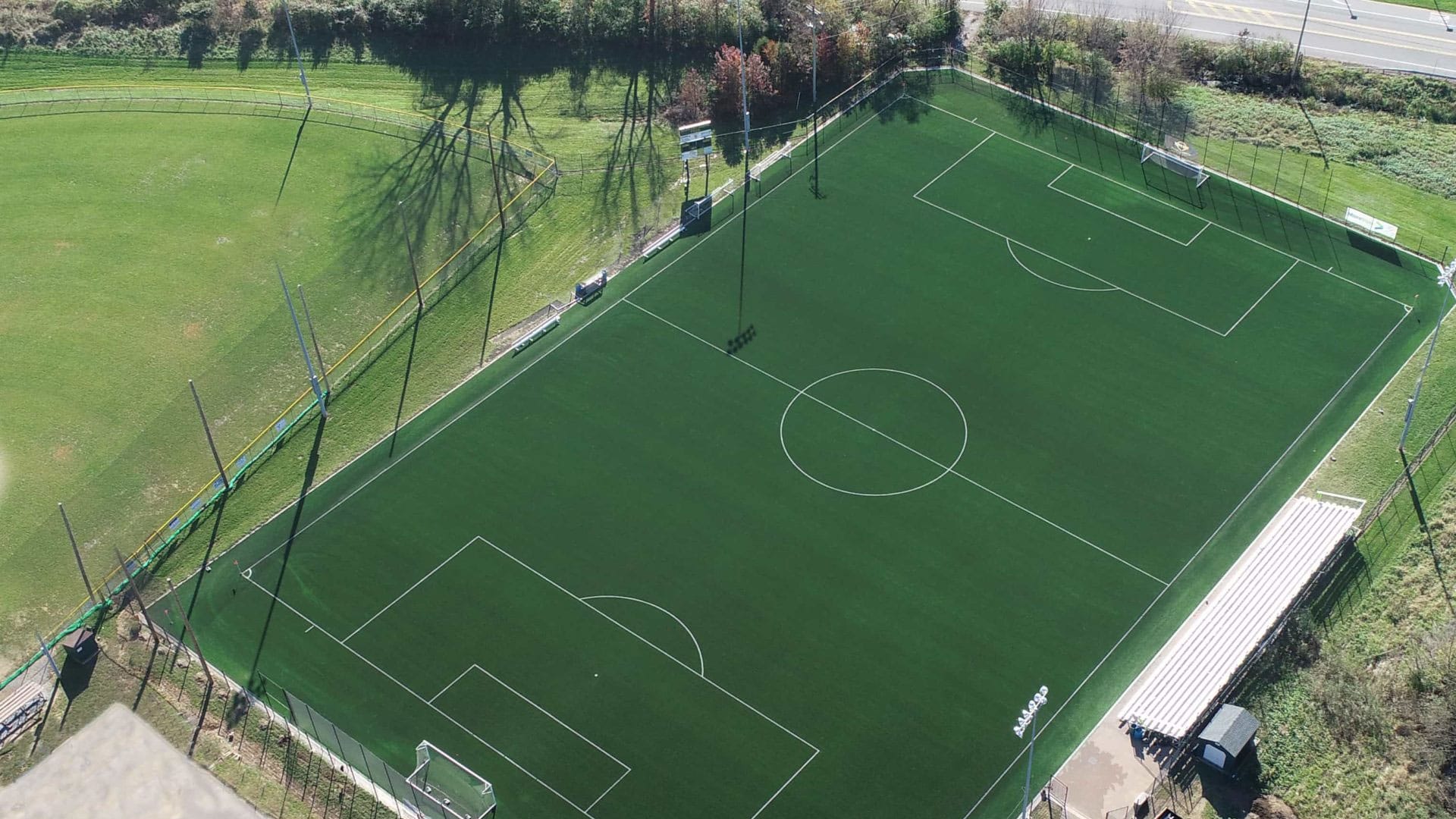How to Get Your Soccer Turf Ready for the New Season
Read More

Artificial turf has become the material of choice for replacing the natural grass that used to dominate sports fields. From professional teams all the way down to high schools, those in decision-making positions are coming to realize that artificial turf is a more effective way to provide safe sports fields that are comparatively easy to maintain and may cost less in the long run.
One of artificial turf’s strongest selling points is that it withstands weather extremes. Cold weather, while it does have some minor effects, is not a big deal for artificial turf. A field that is cared for will hold up very well against cold temperatures and the snow and ice that come with them.
Natural grass freezes during the winter due to the water content in the blades. The ground that holds the grass also freezes solid if it is cold enough for a long enough period of time. Artificial turf does not freeze. It is made of synthetic materials without any water content direct from the factory. Any freezing you might witness on an artificial turf field does not occur within the turf itself. It is water or snow that has frozen on the surface of the field.
Such a scenario would create a field that doesn’t feel as soft as you walk across it. If the perceived freezing is due to water that is frozen over the surface of the blades, you might even hear crunching and cracking sounds as you walk. This is not the sound of blades cracking. It is the sound of the ice cracking under your weight.
It is possible for an artificial turf field to feel slightly harder in cold weather due to the ground underneath. If it is cold enough for the soil to freeze, there will be less of a natural cushioning effect underneath the turf. The end result will be less shock absorption and a field that feels harder as you walk or fall on it.
In the absence of a hard freeze of the soil underneath, you would likely not feel any difference in hardness. The foundation of the turf will feel as soft as it ever has, unless it is not draining properly and surface moisture is allowed to collect and freeze.
In short, artificial turf fields are not affected all that much by cold weather. An artificial field turf not covered with snow or ice will look just as good, perform just as well and provide the same kind of playing surface as you would experience in warm weather.